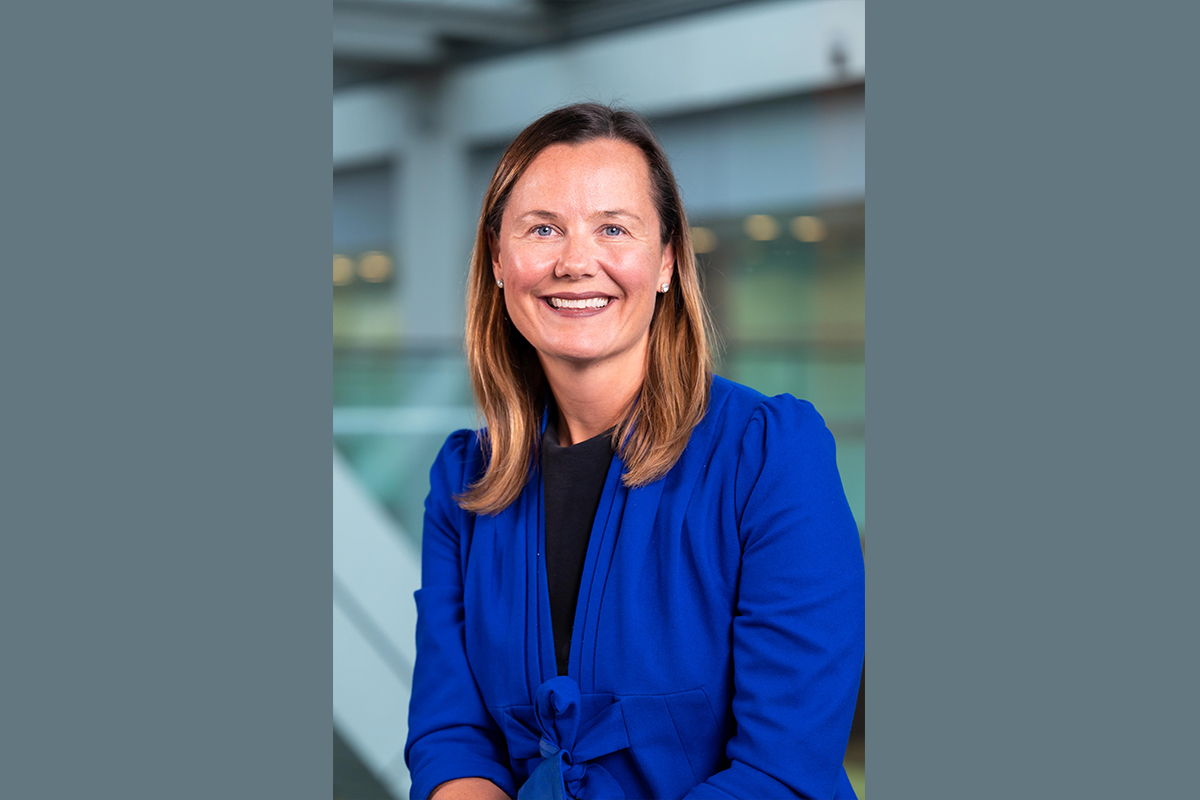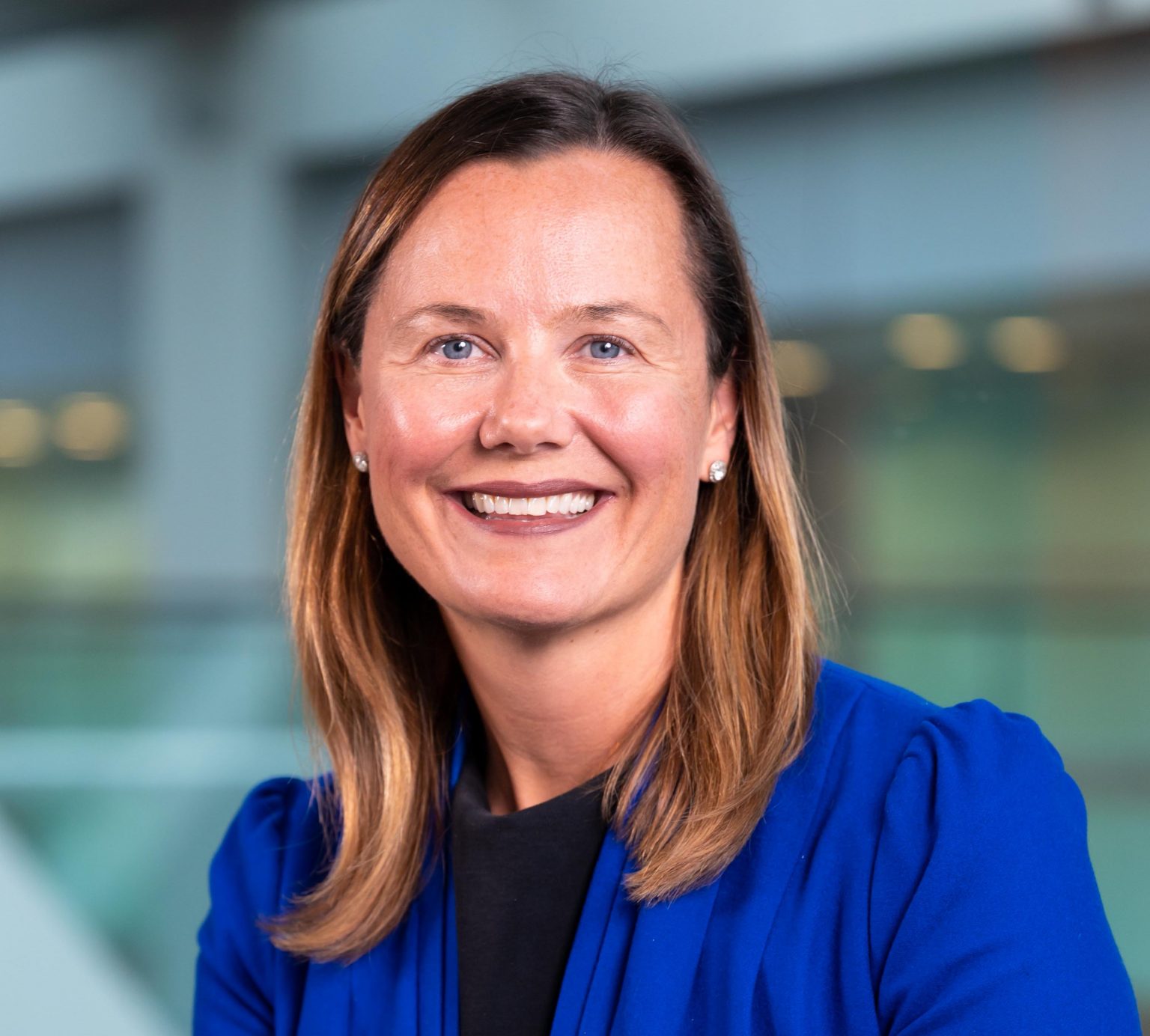A huge transformation in wealth ownership is currently underway. For much of history, most wealth worldwide has remained in the hands of men. But this is now changing fast.
By the end of this decade, more than half of wealth globally will be owned by women, according to a McKinsey report. However, many wealth managers and other financial institutions have yet to adapt their offerings to reflect this seismic shift.

“With over half of global wealth set to be women-owned, many financial institutions do not understand the subtle differences in female priorities and expectations,” says Sarah Courtney Dockett, Head of Women in Wealth EMEA at Citi Private Bank.
“This is a game changer and it’s happening right now. Women are owning and indeed creating wealth like never before and will increasingly become decision-makers when it comes to investments. For wealth managers, you need to be focused on this sea change,” she says.
The industry’s mindset and offering is too often still geared to yesterday’s realities, where men were overwhelmingly the clients.
“Let’s be clear: addressing women doesn’t mean having a ‘pink product’ – everyone should be served as an individual. However, there needs to be recognition about certain differences in approach when it comes to wealth,” she says.
“In my experience, women tend to be more goals-focused and ask more questions. It’s not because they’re risk averse, just very detail oriented. Financial education is key, but they don’t want to be patronized. It’s not about the product; it’s more about the right approach.”
Understanding through education
Women are still seven times more likely to inherit rather than earn their wealth. However, this is gradually changing with the increase in female entrepreneurs and C-suite executives. At the same time, for two-thirds of affluent households in the United States, men are still the key financial decision-makers, even if women own the money.
“Even though wealth is increasingly owned by women, generationally they have not been making the decisions,” explains Courtney Dockett. “That’s why education and instilling confidence is such a key job for advisors.”
Citi Private Bank is committed to providing this insight and empowering ultra-high net worth women to understand financial markets and wealth planning through workshops, one-to-one meetings and offering a community for female clients.
Courtney Dockett says that women are especially likely to switch providers if they feel they are not getting the service they deserve when they acquire wealth through a life event.
“It’s not about the product; it’s more about the right approach.”
“After a divorce settlement or inheritance, women tend to leave their incumbent banking provider in North America and in the United Kingdom 70 percent of the time. This suggests that financial services companies are not adequately looking after their current client base,” she says.
“Providers need to get to know their existing women clients properly, as well as attract the entrepreneurs and other female wealth creators, and figure out how to elevate them as a community.”
“The ways in which women come into wealth and their personal financial journeys play an important role in how they will choose to invest and prioritize their future decisions around money,” says Courtney Dockett, something of which she has personal experience.
“Unfortunately, my father died when I was 14 and there wasn’t a will in place. My mother had no access to funds until probate was completed. That experience has shaped my focus because no one should find themselves in that situation,” she explains.
“Regardless of wealth level, it’s fundamentally important that all women are financially secure and understand their position if the unexpected happens.”
Looking ahead to key life events – be they expected or not – is also central to Citi Private Bank’s recommended approach and is a fundamental component of its offering. “Talking about wealth and estate planning is still a taboo subject,” says Courtney Dockett. “Whether you’re a man or woman, we need to move forward and have those conversations.”
Including everyone around the table
Irrespective of whether their wealth came through inheritance, divorce, entrepreneurship or investment, women notice and expect representation.
“Historically, women and people from minority backgrounds have not been represented in the financial community,” she says.
“A misconception that I often encounter is that women only want to deal with women. That simply isn’t true: women want to deal with the best team. Nevertheless, they also want their provider as a whole to have a genuine commitment to diversity.”
Citi is proud to champion diversity and inclusion. Gender diversity is one of the many dimensions of diversity they are focused on as a firm. The organization was a pioneer in the industry in its efforts to address the gender pay gap by introducing transparency about its corporate practices.
Citi was also among the first Fortune 500 companies to achieve gender parity on its board, with over half of their board of directors being women and 37 percent racially/ethnically diverse. In 2022, Citi also saw the most women promoted to Managing Director positions, up 77 percent from 20191.
“Even though wealth is coming to women, generationally they haven’t had much practice managing it – that’s why education and instilling confidence is such a key job.”
“We’re very fortunate here at Citi. We have Jane Fraser, the first female CEO of a major Wall Street bank, we have Ida Liu heading up Citi Private Bank, and we have a very diverse team,” Courtney Dockett adds.
“This shows the ethos of our senior leadership, and it filters down. The fact that we do have more females and diversity within the business means when we sit around a table, we’re very well represented, and that helps drive our strategy.”
And listening while sitting around that table is one of the key facets of that strategy.
Citi Private Bank is making sure it listens to all the voices who need to be heard, from next-generation daughters learning the ropes; women entrepreneurs who struggle to obtain funding because of their gender; investors who want their portfolios to reflect their beliefs; and individuals who benefit from a one-to-one discussion, taking it back to basics so they feel in control and able to make informed decisions that positively impact their future.
Across workshops, networking events and a dedicated point of contact at Citi Private Bank, the opportunities for clients and advisors to both listen and learn are plentiful.
“We have engaged some of our clients to talk to our relationship teams about their experience, because it’s one thing reading the research, but actually listening to someone that has had a lived experience is really valuable,” adds Courtney Dockett.
“What I love about my role is how broad the mandate is: to focus on our female clients and prospects, but also to highlight issues that are affecting women in society as a whole.”
Views, opinions and estimates expressed herein may differ from the opinions expressed by other Citi businesses or affiliates. The information contained herein is not intended to be an exhaustive discussion of the concepts mentioned herein or tax or legal advice. Readers interested in the concepts should consult their tax, legal or other advisors. You can read our full disclaimer here.
1 Citi, October 2023



